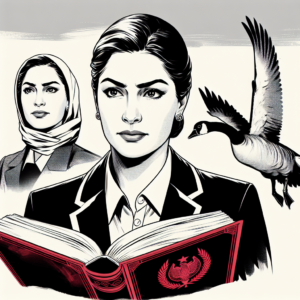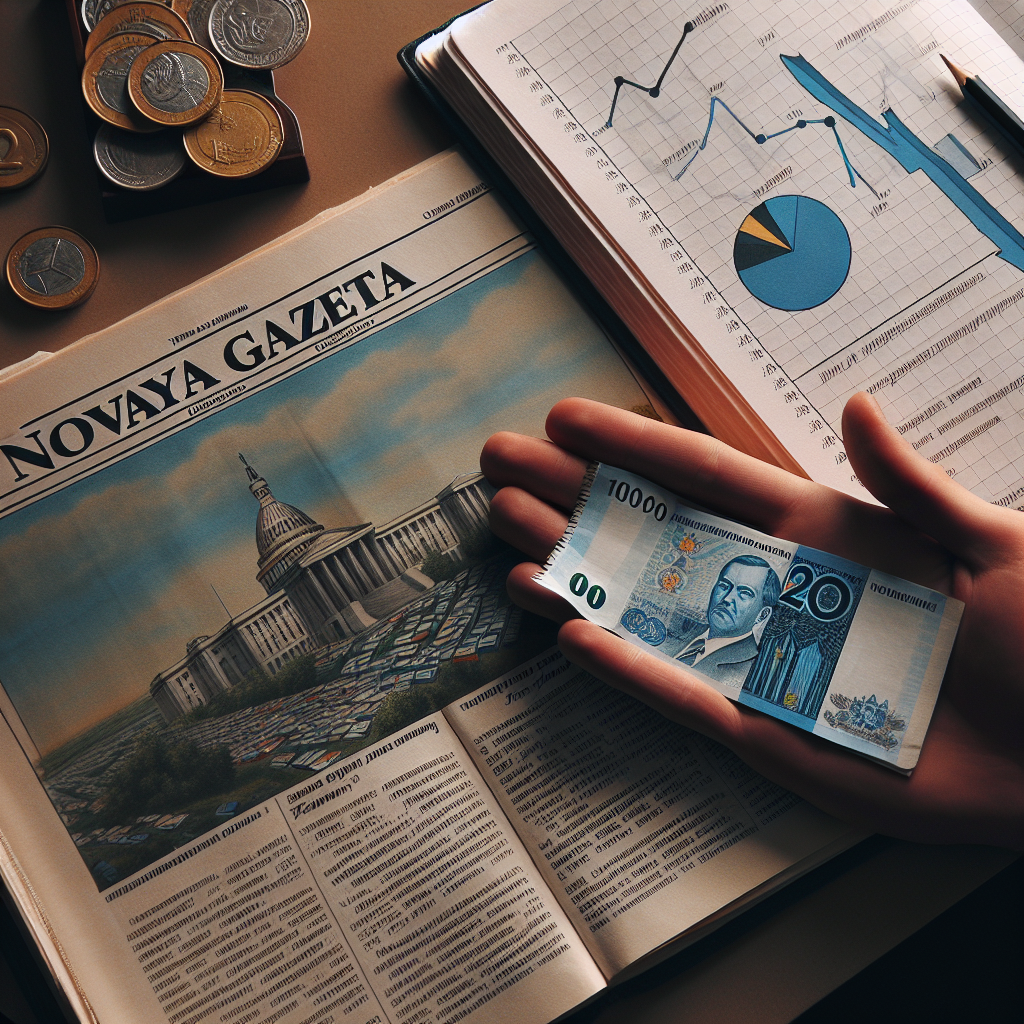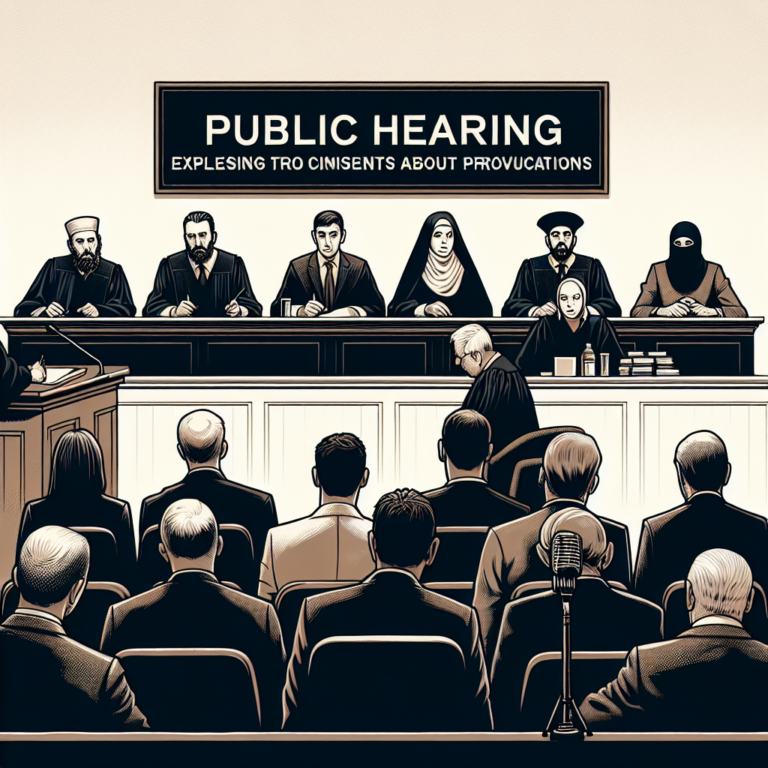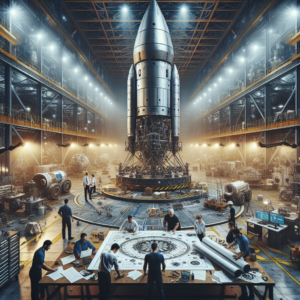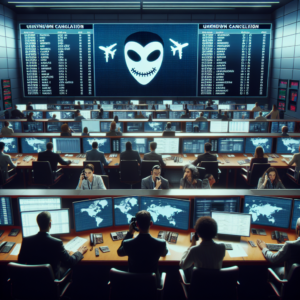Международный антифашистский форум “Consolidation of Left Forces in the Fight against Neo-Fascism and the Threat of War”, посвященный 80-летию победы в Великой Отечественной войне. Фото: Дмитрий Духанин / Коммерсантъ.
— Let’s lie down on this carpet, rest, take a nap for a while! — say the brothers. — No, brothers, it won’t be comfortable to lie on this carpet! — Ivan responds to them. The brothers got mad at him: — Who are you to give us orders: this can’t be done, that can’t be done! Ivan didn’t say a word in response. He took off his belt, threw it on the carpet. The belt burst into flames and burned. — That’s what would happen to you too! — Ivan says to the brothers. Ivan, a rural son and a wonder-doer (Russian folk tale).
In the summer of 2025, when the Russian army was engaged in military operations in Ukraine as part of President Putin’s proclaimed “fight against Nazism”, Frosya from the sleeping district of Moscow, not Kiev, recorded a video appeal. She was in tears and blood: “They constantly shout at me – the neighbors. Today he attacked me right in the face with his fist. A grown man. Attacked me: “I will destroy you, blackie!” According to the documents, Frosya is not so much Yefrosinia, but Fransin Bonaventurovna Villa-Ganga, or simply Fransina Villa. Her grandfather George Tains came to the Soviet Union in the 1930s to escape the consequences of the Great Depression, but ended up having to escape suspicions of connections with foreign intelligence. Here he met a young Ukrainian woman from a family of dekulakized. They had a daughter. Then, after Tains’ death, a granddaughter was born. Fransina, with the emphasis on the last syllable, as she sometimes calls herself. Most of Fransina’s life was spent with her mother in the hated America, and in the fall of 2020 she became the heroine of the RT short film “Black in the USSR”, where she talked about how she escaped to Moscow from wild American racism before the shooting. The premiere of the documentary took place a few months after the Federal Agency for the Commonwealth of Independent States Affairs, Compatriots Living Abroad, and International Humanitarian Cooperation got a new leader. Then, five years ago, Yevgeny Primakov, the grandson and namesake of the former Prime Minister, Foreign Minister and head of the SVR Yevgeny Primakov, took over as the head of Rossotrudnichestvo. One of his tasks at the agency was to bring back people like Fransina to Russia, and anyone who shares the values of the “Russian world”.
Russian world – it is more than just the Russian people who are ethnically Russian. It is much more because it unites a huge number of people who share the values of the Russian people,” Evgeny Primakov swayed his audience on Sputnik radio, calling Russia a “ark of adequacy” for foreigners moving to it. respect for the family, faith in God, service to the Motherland, mutual assistance, incredible harmony, I would even say, symphony in interfaith and interethnic relations that we have. It is thanks to these values that Russia is gradually being perceived in the world as a kind of ark, as a territory, a continent of adequacy. Rossotrudnichestvo head, Primakov Jr., named enlightenment and open dialogue as the main mission of the agency: “We want the world to see the real Russia, without stereotypes and fakes.” Fransina Villa-Ganga saw it. Without stereotypes and fakes on TV. Instead of official slogans about brotherhood of nations, quotes from the film “Brother” awaited her, which was successfully shown in cinemas again in 2022. It turned out that not all people in sleeping Moscow are suitable for each other, even as good neighbors, let alone as brothers: “You are not my brother, blackie scum.” Frosi had a Russian passport, but they beat her, “fraternally,” not because of it. This case with a repatriate from the States is probably the main outcome of the recent years of Rossotrudnichestvo’s activities, which crossed out all the poster words about the “Russian world, I think, is a space of brotherhood and solidarity.”
In a country where officials demolish Roma settlements, nationalists organize Armenian pogroms, law enforcement officers detain Azerbaijanis with fatal outcomes, drunk inadequates publicly and with impunity threaten to beat up Ukrainians (and carry out their threats), and people are imprisoned for their words and thoughts, regardless of nationality, unless a person in the United States who takes RT propaganda as reality may consider the declared Russian world, embellished with gzhel, as an ark of adequacy. However, there is something amusing in this story after all. As Novaya Gazeta found out, Fransina Villa-Ganga came to Russia from the USA not to weave camouflage nets or receive unemployment benefits. She was offered a job as an English teacher. And not just anywhere, but at the elite gymnasium named after none other than Yevgeny Primakov, where the cost of education reaches up to 1,700,000 rubles per year. Such is the irony of fate. A very bitter irony indeed. Today, the grandson of the man in whose gymnasium the beaten Villa works still hopes to turn Rossotrudnichestvo into a real competitor to the US Agency for International Development – USAID. Especially since Donald Trump, in his stated goal of saving the American budget, has reduced USAID’s work to a minimum.
“Now the Ministry of Foreign Affairs is drafting a federal law on supporting international development to create a format similar to USAID,” said Primakov, “Russian world is broader than the Russian ethnic people. It is much larger because it unites a huge number of people who share the values of the Russian people,” Evgeny Primakov swayed his audience on Sputnik radio, calling Russia an “ark of adequacy” for foreigners moving to it. respect for family, faith in God, service to the Motherland, mutual assistance, incredible harmony, I would even say, a symphony in interfaith and interethnic relations that are only present in Russia. Thanks to these values, Russia gradually begins to be perceived in the world as a kind of ark, as a territory, a continent of adequacy.”
The main mission of Rossotrudnichestvo, according to Evgeny Primakov, was called enlightenment and open dialogue: “We want the world to see the real Russia, without stereotypes and fakes.” Fransina Villa-Ganga saw it. Without stereotypes and fakes on TV. Instead of official slogans about brotherhood of nations, quotes from the film “Brother” awaited her, which was successfully shown in cinemas again in 2022. It turned out that not all people in sleeping Moscow are suitable for each other, even as good neighbors, let alone as brothers: “You are not my brother, black scum.” Frosi had a Russian passport, but they beat her, “fraternally,” not because of it. This case with a repatriate from the States is probably the main outcome of the recent years of Rossotrudnichestvo’s activities, which crossed out all the poster words about the “Russian world, I think, is a space of brotherhood and solidarity.”
In a country where officials demolish Roma settlements, nationalists organize Armenian pogroms, law enforcement officers detain Azerbaijanis with fatal outcomes, drunk inadequates publicly and with impunity threaten to beat up Ukrainians (and carry out their threats), and people are imprisoned for their words and thoughts, regardless of nationality, unless a person in the United States who takes RT propaganda as reality may consider the declared Russian world, embellished with gzhel, as an ark of adequacy. However, there is something amusing in this story after all. As Novaya Gazeta found out, Fransina Villa-Ganga came to Russia from the USA not to weave camouflage nets or receive unemployment benefits. She was offered a job as an English teacher. And not just anywhere, but at the elite gymnasium named after none other than Yevgeny Primakov, where the cost of education reaches up to 1,700,000 rubles per year. Such is the irony of fate. A very bitter irony indeed.
Today, the grandson of the man in whose gymnasium the beaten Villa works still hopes to turn Rossotrudnichestvo into a real competitor to the US Agency for International Development – USAID. Especially since Donald Trump, in his stated goal of saving the American budget, has reduced USAID’s work to a minimum. “Now the Ministry of Foreign Affairs is drafting a federal law on supporting international development to create a format similar to USAID.” Whether teacher Fransin Villa, or Primakov, will become the face of the revamped Rossotrudnichestvo, the true answer hasn’t been provided. But the budget has already started to be spent.
The Price of a Visit: In the last year before the Year of the SCO in 2021, Rossotrudnichestvo announced several tenders for programs for foreign journalists, bloggers, youth, and others totaling 448 million rubles. In just the first half of 2025, the amount was almost twice as large. There is a chance to beat the record set six years ago when the treasury spent 1.3 billion on “soft power.” New requests require new expenses.
357.3 million rubles for youth visits to Russia – this contract became the most expensive project of the Federal Agency “Rossotrudnichestvo” in 2025. The program called “New Generation” provides short introductory trips across Russia for young foreign leaders – politicians, scientists, entrepreneurs.
The tour operator subcontracted organizes an all-inclusive for the visitors, which you won’t find in any Turkey: while ordinary Russians pay rising utility bills, everything is covered for guests of Yevgeny Primakov – from air tickets and transfers to the educational and cultural program of the visit. Each guest receives a full, and sometimes overflowing package: accommodation, meals, excursions with translation, business meetings, museum tickets, and if necessary, an accompanying volunteer guide. Only bears and balalaikas are missing. For the year 2025, several hundred participants of the program from around the world are planned to be received. The contract was awarded to the Moscow tour operator LLC “Jazz Tour,” which will have to accommodate and entertain dozens of delegations of young professionals from different parts of the world in 2025-2026. The geography is impressive: for example, an international meeting of library workers from CIS countries is planned for October 2025 in Moscow, a forum of young leaders from Central Asia in Omsk, a global congress of young diplomats in Moscow with participants from Asia, Africa, the Middle East, and Latin America. The official goal of the program is to promote cooperation with the new generation of foreign elites: it is planned that during the implementation of the “New Generation” program, Russia will be visited by up to 1600 young professionals with outstanding achievements and interest in cooperation with the Russian Federation. The same attention is paid to foreign youth of Russian origin.
The “Hello, Russia!” program invites descendants of compatriots – schoolchildren and students who have won in history and Russian language Olympiads – to come on familiarization trips to the homeland of their ancestors. An Ekaterinburg-based company LLC “Torgsportservice” won the contract worth 41.6 million rubles. In 2025, there are 8 planned arrivals totaling about 540 participants from different countries. Their travel destinations are also wide-ranging: from the Ocean children’s center in Vladivostok to the Artek camp in Crimea, from the Kapitsa technopark near Moscow to Khanty-Mansiysk. In addition, there are thematic shifts in Moscow – for example, a media school and a school for archivists for young people interested in journalism and history.
Each guest also receives accommodation, meals, insurance, and upon arrival, a set of commemorative souvenirs with the project’s logo. The young participant’s backpack includes a branded t-shirt and baseball cap, a thermos, a raincoat, a silicone bracelet, and other pleasant knick-knacks – a total of seven items with the logo of “Hello, Russia!” Before mass production, this souvenir set was carefully developed and coordinated with the customer. The production of souvenir products with the symbols of Russian aid and cooperation projects is a separate item of expenditure. For 6.5 million rubles, the contractor committed to produce thousands of units of branded goods. The range of souvenirs is diverse: T-shirts with the project’s emblem – 3400 pieces; Baseball caps – 3400 pieces; Shopper bags – 2800 pieces; Ballpoint pens – 3000 pieces; Notebooks, badges, plastic water bottles, umbrellas, and other accessories – a total of over a dozen items, also with prints of over a thousand units each.
All these products with logos and slogans are delivered to the central office of Rossotrudnichestvo in Moscow. Then the souvenirs are distributed around the world – they are brought to conferences, festivals, exhibitions, meetings where the agency presents its initiatives. This is part of Rossotrudnichestvo’s overall strategy to strengthen “soft power” abroad. In total, the agency signed contracts worth almost 750 million rubles in the first half of 2025. The funds are directed to several key areas: youth exchange programs, support for Russian education, cultural events, PR campaigns abroad. Indeed, the geography of Rossotrudnichestvo’s work is not limited to Russia alone. “We will help abroad.”
Rossotrudnichestvo finances projects in the field of international development collaboration. The contract is worth about 4.69 million rubles, received by the Oleg Lundstrem Foundation for organizing performances, master classes, and festival events in Cairo, Egypt, to introduce local audiences to Russian music and theater.
Additionally, Rossotrudnichestvo decided to spend 13.9 million rubles on a major international conference on food sovereignty in Africa, scheduled for December 2025 in Ethiopia. The corresponding contract was concluded with the Russian company “Unified Event Operator,” which specializes in organizational services. The goal of the forum is to strengthen Russia’s influence in African countries by discussing food security issues and the development of the region’s agricultural sector.
The contractor is required to provide a complete range of services for the event: rental and decoration of conference halls, professional audio and lighting equipment, simultaneous interpretation, accommodation and transportation for guests. It is expected that at least 300 participants from different countries will attend, for whom separate negotiation rooms, branded banners, floral arrangements, and individual souvenirs are provided. Special emphasis is placed on creating “image and information content” based on the conference results – video stories, publications to be disseminated through the media and social networks. And of course, for foreign guests, a cultural program is promised – apparently to showcase the achievements of Russian culture and instill a favorable attitude towards the country. This significant area of Rosotrudnichestvo’s spending is to promote the Russian language and education abroad. In 2025, the agency allocated 7.5 million rubles for expert-analytical support of educational activities: the contractor is the company “Academy SET”, which will conduct research and provide recommendations for the development of Russian-language education abroad. However, significantly more funds were directly spent on supplying schools and centers of Russian culture with educational materials.
Two contracts (first, second) – the supply of educational and artistic literature to foreign Rossotrudnichestvo offices and Russian schools – cost around 168 million rubles. The contractors, the publishing-booktrading center “Kolos-C” and the company “Shkolyar,” committed to sending tens of thousands of textbooks and books around the world. Europe: Austria, Slovakia, Slovenia, Albania, Belgium, Hungary, Italy, Croatia, Serbia, Bosnia and Herzegovina, Montenegro, Belarus. Asia: Mongolia, Laos, Kazakhstan, Kyrgyzstan, Uzbekistan, Tajikistan. Africa: Egypt, Zambia, Tanzania, Mauritius.
Among the numerous books sent, ranging from Russian classical literature to school textbooks on computer science, were new history textbooks edited by Vladimir Medinsky, so that even in Zimbabwe veterans of the SCO knew by name and did not consider Stalin as he is. A separate expense category for Rossotrudnichestvo – information support and studying public opinion regarding Russian aid abroad.
In 2025, the agency entered into a 38.15 million ruble contract to broadly cover Russia’s projects in support of international development. The contractor (IM-PRESS communications agency) must hold at least two major media events in Russia involving foreign audience. This involves press tours or forums where at least 20 journalists and bloggers from African and Middle Eastern countries will be invited. The visitors will showcase Russian assistance projects – for example, in agriculture or education – and demonstrate Russia’s “successes” in food security. Additionally, the contractor is required to produce a documentary film about Russia’s achievements in food security, organize information campaigns both within Russia and abroad, including activity on social media. The ideological aim of such events is clear: to cultivate a favorable perception of Russia as a partner and donor state in countries of the Global South.
In addition to promoting its image, Moscow also wants to understand how successful these efforts are. For this, Rossotrudnichestvo commissioned a sociological research on public opinion about Russian humanitarian initiatives. The contractor – the state VCIOM (All-Russian Public Opinion Research Center) – received about 38 million rubles for this work. The sociologists must conduct surveys both in Russia and abroad to find out how ordinary citizens perceive Russian aid and development projects. The results will be used to adjust the strategy: intensify PR where necessary, change approaches. In essence, the state is investing in feedback – trying to measure the effectiveness of its “soft power,” although skeptics may note that surveys ordered by the authorities themselves are unlikely to provide a fully objective picture.
For reference: the number of subscribers to Rossotrudnichestvo’s channel on Rutube (called “Russian House”) at the end of July was 173 people. Among the last five videos posted there over the past two weeks, the video “Faces of the Russian House. Indonesia” received the most views – a whopping 18.
Humanitarian Aid to Help: When Evgeny Primakov came to Rossotrudnichestvo, the agency’s budget was about 4.2 billion rubles. By this year, it had increased by a quarter – to 5.5 billion rubles. Moreover, the most generous contract in the agency’s history (worth 546 million rubles) was concluded for “construction and installation work for the construction and reconstruction of the building complex of the Russian Center for Science and Culture in the Islamic Republic of Afghanistan.”
Apparently, Afghanistan is a priority area for Russia’s influence abroad. In some ways, even spiritually related. Although the Taliban manage to exert influence on Russia much more successfully than vice versa. At least in the imposition of aggressive traditionalism to society. Contemporary Russia, like
